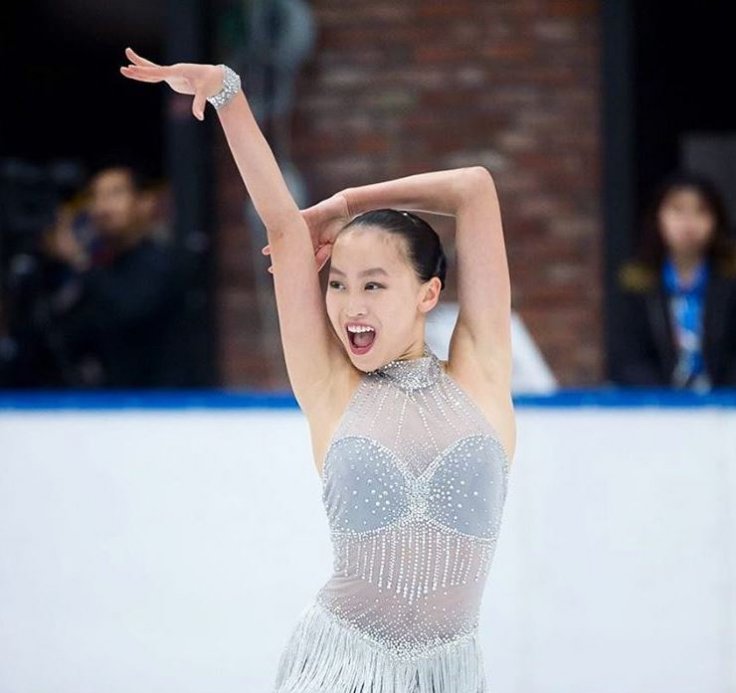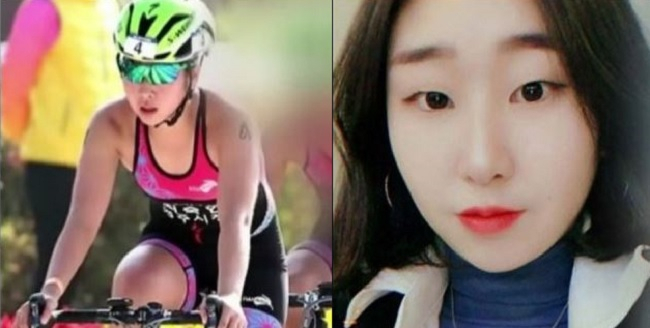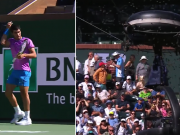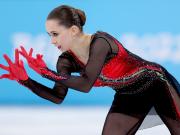Following China's second-place finish at the 2012 Summer Olympics in London, a damning report surfaced where children as little as three or four years old were pushed to their limits in training sessions. Dubbed 'Inside China's Gold Medal Factory', the systemic abuse was part and parcel of an athlete to win an Olympic medal.
Fast forward to 2020, a retired figure skater, who trained in China, revealed how she faced regular abuse during her drills. In her detailed account of the incidents, which she revealed in an Instagram post and later spoke to The Guardian about it, Jessica Shuran Yu urged the International Olympic Committee to protect young athletes who suffered abuse in training in the Chinese system.
Systemic Abuse

Yu, who represented Singapore in the 2017 Southeast Asian Games and won a gold medal, revealed that athletes were frequently called "lazy", "stupid", "retarded", "fat" and "useless" by coaches who also beat them if they committed a mistake during drills.
She was kicked and regularly hit with a skate guard that left a scar and bloodied her shin. "The abuse started from the age of 11 when I started being told to reach out a hand whenever I made mistakes. On especially bad days, I would get hit more than 10 times in a row until my skin was raw," she said.
The incidents happened when she was just 14. Later, the abuse continued even in front of her teammates and other athletes for putting on weight and for reasons incomprehensible. However, she never informed the federation nor her friends and family as she felt "humiliated".
"I was made to feel so small. It was dehumanizing," said Yu, who decided to speak out after watching the Netflix documentary Athlete A, which detailed the sexual abuse in the U.S. gymnastics.
Some of her fellow athletes were hit harder and if they cried, they were made to repeat the drills and the punishment became longer. "In my classes, every single person would be sobbing by the end. With one instructor if we cried too much, they would add 10 more seconds. I remember thinking this didn't feel right at all – and that something might tear," she revealed.
Yu has already contacted the Singapore Ice Skating Association and Singapore Safe Sport to report the incidents so that the next generation of athletes can be protected. She said at one point, she wished for a car accident so that she would not need to continue training. "I dreaded going to practice, wished for car accidents, and sobbed through entire training sessions. Young athletes should be able to love their sport without going through what I and so many others have," she added.
Not Just Limited to China
With Beijing hosting the Winter Olympics in 2022, she hopes the IOC will recognize the opportunity to influence a change in the Chinese system. But another Asian country, Japan, which is hosting the next Summer Olympics in 2021, has a similar story of abuse, despite a strong law to counter child abuse in sports.
As per a Human Rights Watch report, Japanese athletes face a similar system of abuse. "I was hit so many times, I can't count. We were all called to the coach and I was hit in the face in front of everyone. I was bleeding, but he did not stop hitting me. I did say that my nose was bleeding, but he did not stop," a Japanese athlete revealed.
Another baseball player, who was a member of the Saitama High School team, recounted how he was punched in the face for making a mistake during training. He said, "90 percent of my teammates experienced physical abuse. We were all kind of joking, 'You haven't been beaten yet, when is it your turn?'".
The coaches, at times, in response, admitted to such violent behavior but they justified it as saying it made the "athlete stronger".
Long-Term Abuse Leads to Depression
Such abuse and humiliation lead to depression and in one such case, a Japanese basketball player in Osaka took his life in 2012. He suffered repeated physical and mental abuse by his coach. A few months later, the Japanese Olympic women's judo team coach was forced to resign following accusations of abusing athletes ahead of the London 2012 Olympics.
However, in this case, she received support from 15 of her teammates and while the joint letter was initially ignored, once it reached the Japanese Olympic Committee (JOC), the coach was removed from the position.
In South Korea, a triathlete, Choi Suk Hyeon, committed suicide in June 2020 after reporting abuse by her coach. But she wasn't alone. A 17-year-old Japanese volleyball player took her own life after physical and verbal abuse from the coach. In the suicide note, she wrote, "Volleyball is the hardest" while a table tennis player from the country took her life following constant abuse from her coach.

IOC Stands with Athletes
The IOC acknowledged the HRW report and in response said that it would stand beside the athletes. "Harassment and abuse are unfortunately part of society and also occurs within the sport. The IOC stands together with all athletes, everywhere, to state that abuse of any kind is contrary to the values of Olympism, which calls for respect for everyone in the sport," it said, adding that all athletes have the right to a safe sporting environment — "one that is fair, equitable and free from all forms of harassment and abuse".
While HRW urged IOC to recognize China's abusive training system in 2015, hardly anything was done. Now, in the case of Japan, despite its law forbidding physical violence against children — even by parents — doesn't apply in sport. The HRW has urged the Japanese authorities to extend it to the field of sport as it would promote criminal legal accountability and prevent such behaviors in the future.









